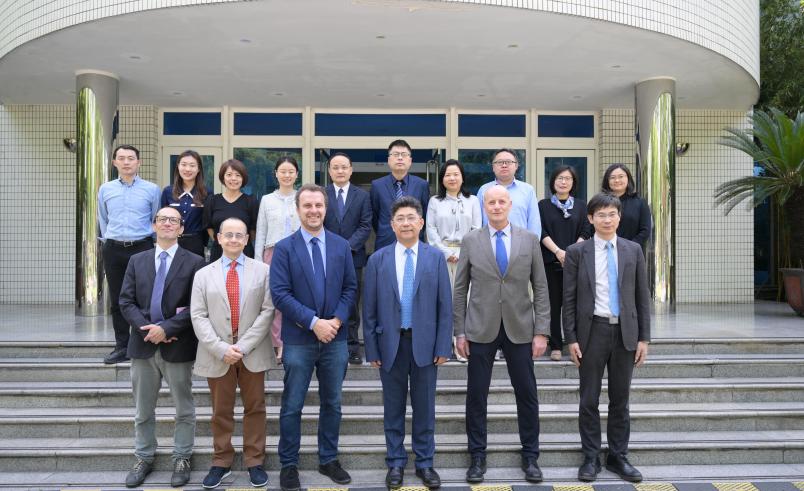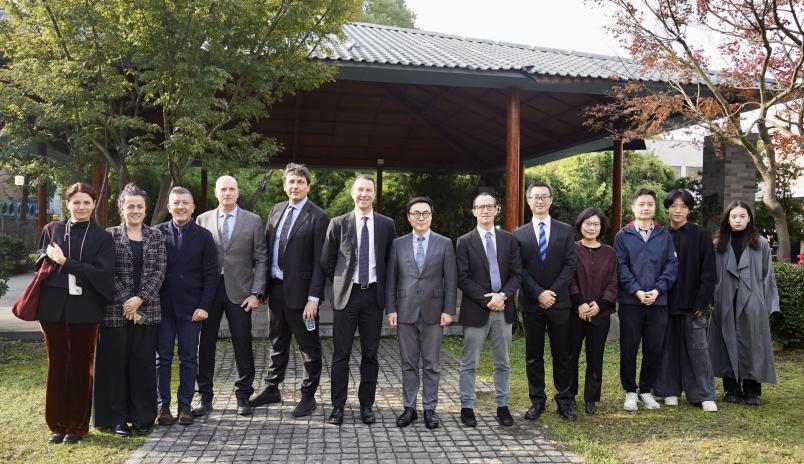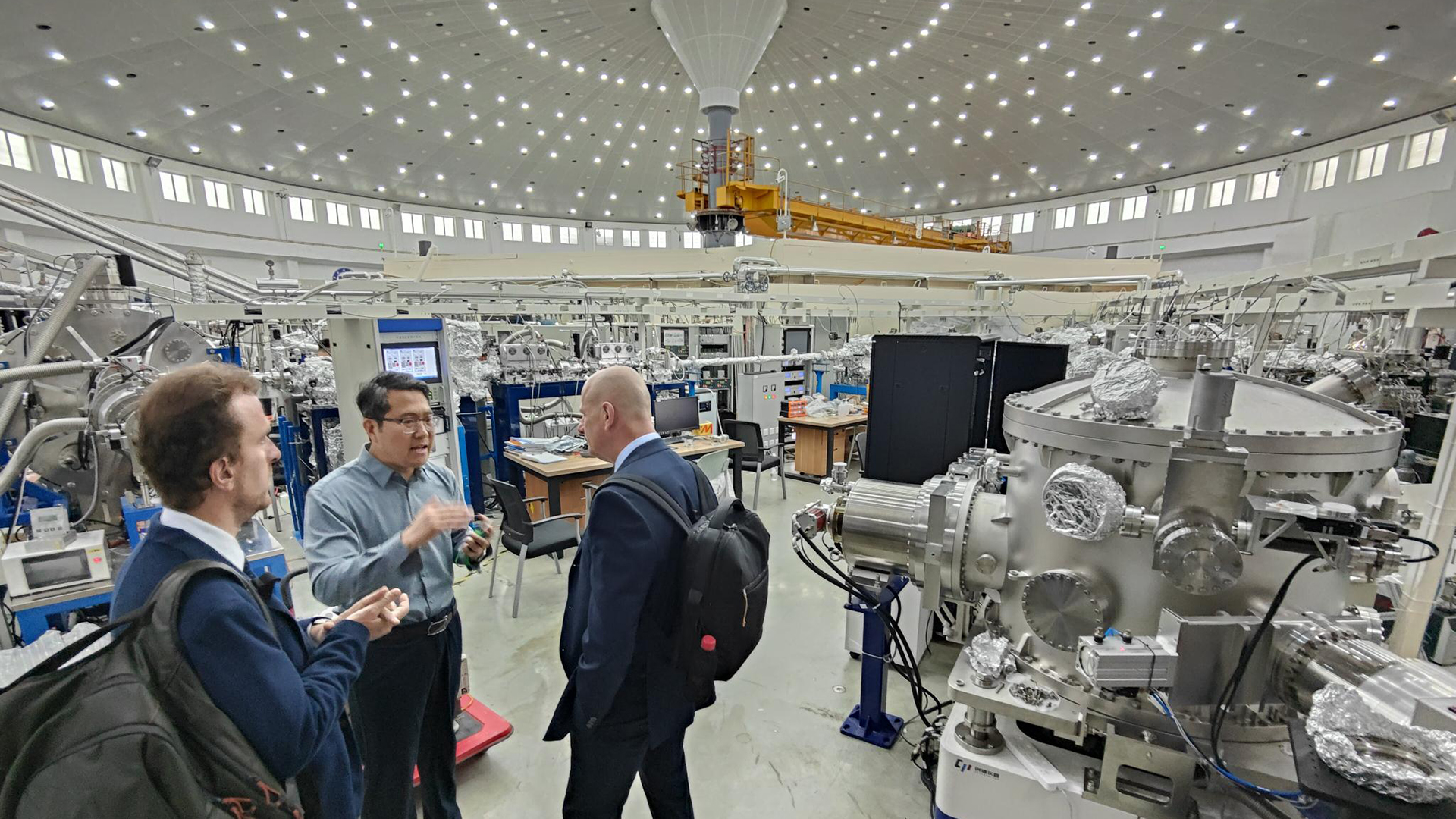
SICEI: PoliTO and Tongji University together to address global challenges

Politecnico di Torino and Tongji University have a long-term partnership that is almost approaching the 20th anniversary. Real evidence of this solid cooperation is represented by the launching of the Sino-Italian College of Engineering and Innovation (SICEI), approved by the Ministry of Education of the People’s Republic of China in May 2025. Starting from the 2026/2027 academic year, students at Tongji University will have the opportunity to continue their master’s studies at SICEI, which will offer them a multidisciplinary and international approach. For PoliTO faculty members, this marks a new opportunity for collaboration and teaching at one of the most prestigious universities in China.
The main goal of SICEI is to address a broad range of complex challenges by taking a leading role in promoting sustainable development through knowledge innovation, technological advancement, and talent development. SICEI is conceived as an innovative platform for engineering practice, a hub for excellence in education, and a center for Sino-Italian cooperation, defined by interdisciplinary, interprofessional, and intercultural education.
"We are particularly pleased to announce the strengthening of our collaboration with Tongji University, internationally recognized for academic excellence and the quality of its research” stated Vice Rector for International Affairs Alberto Sapora. “In particular, I express great satisfaction for the approval of SICEI by the MOE. Along with the signing of two new agreements for the new Joint Research Center and the Dual PhD Degree Program in 2024, SICEI offers new opportunities for students from both universities. This is a highly strategic achievement for our mission in China, opening up new prospects for structured education in the fields of engineering and design."

The academic fields involved at PoliTO include Environmental and Land Engineering (Master of Science in Environmental and Land Engineering, Climate Change curriculum), Systemic Design (Master of Science in Systemic Design), and Information and Communication Technologies (Master of Science in ICT for Smart Societies). The corresponding areas and specialization paths at Tongji University are: Climate Change and Carbon Neutrality (Master of Resources and Environment); Systemic Design and Intelligent Innovation, including Intelligent Agent and Creative Tool Design, Intelligent Interaction and Robotics Design (Master of Mechanical Engineering); Information Communication and Embodied Artificial Intelligence (Master of Electronic Information).
Students enrolled in this joint program will earn a double degree from both Politecnico di Torino and Tongji University over a two-and-a-half-year course delivered entirely in English. By offering advanced academic programs in these disciplines, SICEI will provide students with high-quality, specialized training, equipping them to tackle some of the world’s most complex global challenges.
PoliTO students will also have the opportunity to participate in this new cooperation and mobility initiative with Tongji University through the parallel launch of three Double Degree programs at the Master’s level in the same academic fields. This will allow students from Politecnico to experience the cutting-edge academic training and research infrastructures of Tongji University, within a culturally rich and globally relevant context.
While the launch of SICEI strengthens and expands the joint educational activities with Tongji, the two universities also aim to develop a new research collaboration. To this end, they have signed a new agreement to establish a multidisciplinary Joint Research Center, committing to promote continuous dialogue between researchers from both institutions. This dialogue will not only include the academic areas already covered by SICEI, but also new fields such as Civil Engineering—a flagship discipline at Tongji University, and Heritage Conservation. Starting from the next academic year, a series of thematic workshops will be launched to structure and consolidate the main lines of collaboration. The active involvement of PhD students from both universities—supported by dedicated funding programs—will be a cornerstone of this partnership.
In this way, the launch of the bilateral SICEI initiative and the renewed collaboration in research through the Joint Research Center will jointly contribute to the development of a vibrant academic community of students and researchers. This community will benefit not only from the strong technical expertise offered by both institutions, but also from the cultural richness of their respective national contexts. They will be empowered to become a new generation of professionals capable of tackling global environmental and technological challenges with creativity, competence, and a truly international outlook.
